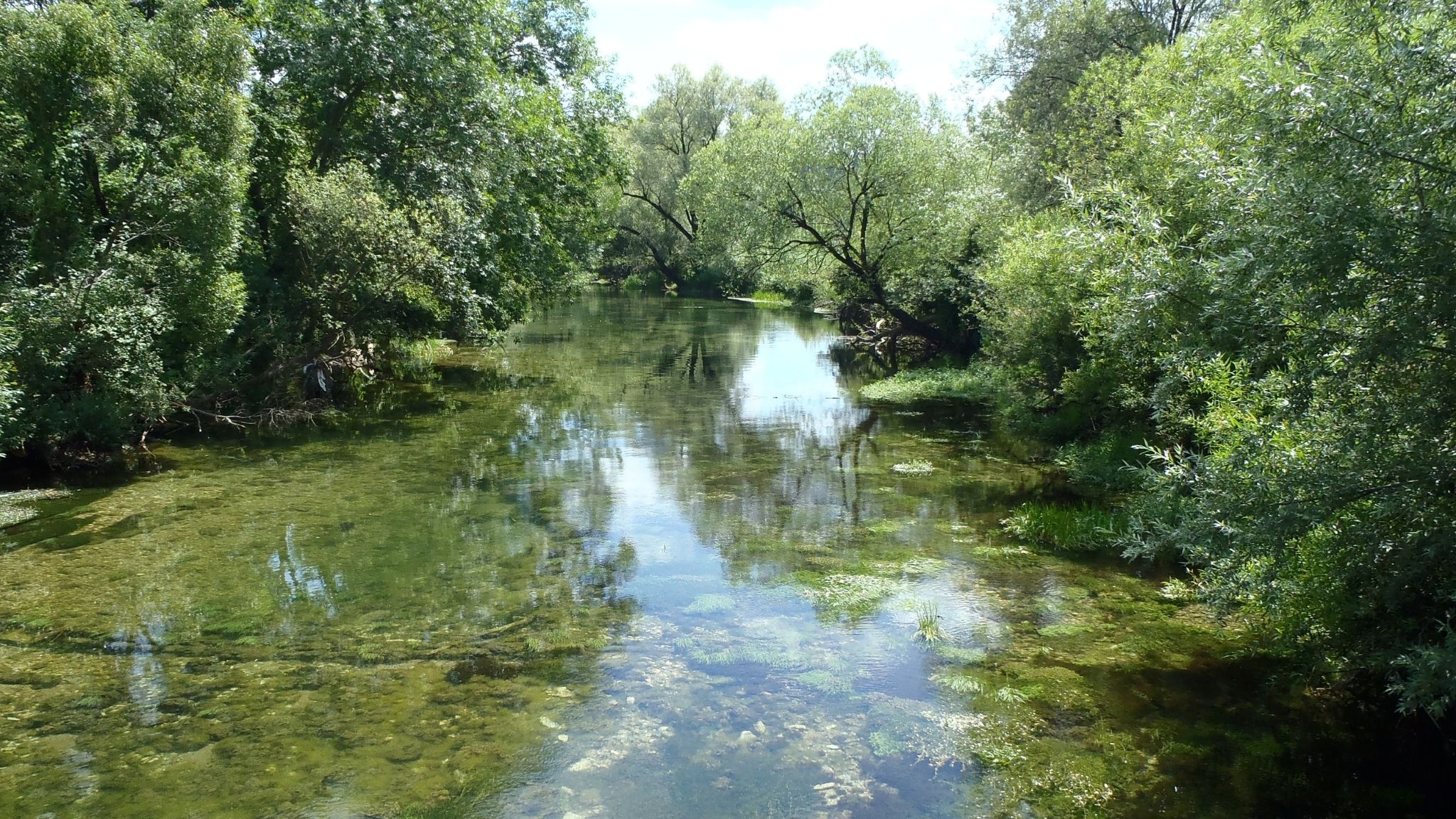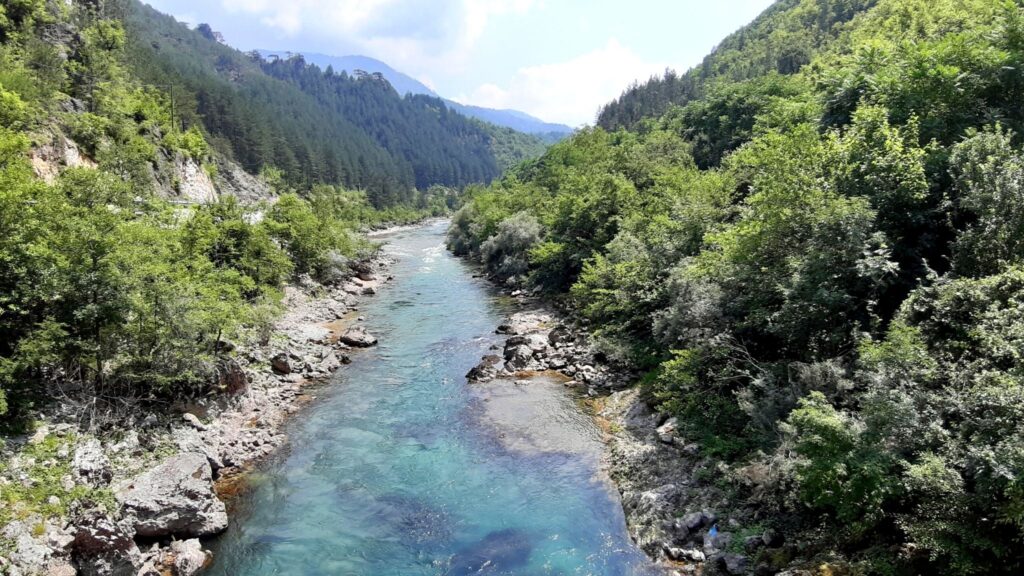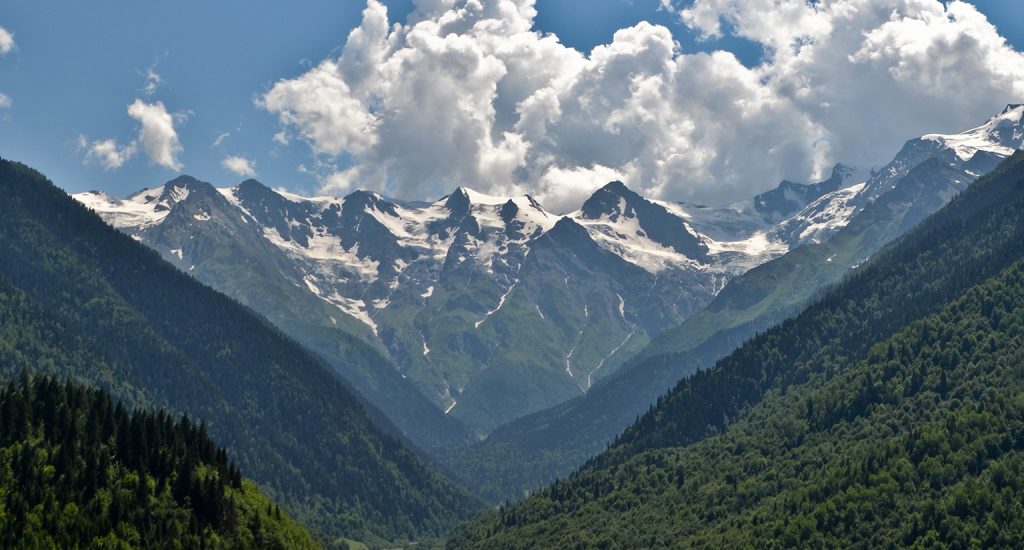The countries of the Energy Community Treaty have diverse energy mixes, but hydropower has traditionally played a strong role in many of them. Albania is almost completely reliant on dams for its domestic electricity generation, followed by Georgia with an average of 80 per cent of electricity generated by hydropower and Montenegro with an average of 55 per cent.

Stay informed
We closely follow international public finance and bring critical updates from the ground.
Background
The countries of the Energy Community Treaty have diverse energy mixes, but hydropower has traditionally played a strong role in many of them. Albania is almost completely reliant on dams for its domestic electricity generation, followed by Georgia with an average of 80 per cent of electricity generated by hydropower and Montenegro with an average of 55 per cent.
But what started as a strength is becoming a liability. More and more erratic rainfall is exposing how vulnerable hydropower is to climate change, while its damaging impacts on biodiversity, groundwater and sediment transportation are becoming better understood.
This has not stopped decision-makers’ zealous plans to develop the sector, including in countries like Ukraine hydropower has not traditionally played a major role. Decades-old projects are still being pushed against all economic and environmental logic, while a rash of small hydropower plants driven by feed-in tariff schemes has destroyed rivers and streams across southeast Europe.
The good news is that there are alternatives, with lower costs for the environment and also, increasingly, for the public purse, and that resistance to the unnecessary destruction of life-giving rivers is increasing day by day.
IN FOCUS
Latest news
Guest post: New studies fail to prove that the Ombla hydroplant is fit for EBRD financing
Blog entry | 22 April, 2013The EBRD’s involvement in the Ombla hydropower plant project has from the start been a story of insufficient scrutiny and cutting procedural corners, followed by an attempt to patch things up by commissioning a belated nature impact assessment. The assessment highlights the Ombla area’s natural importance and captures some of the harm that would be done by the dam, but fails to draw the right conclusions, says Jagoda Munic, President of Friends of the Earth International and Biodiversity Programme Co-ordinator at Zelena akcija/Friends of the Earth Croatia.
Read moreThat’s what they call sustainable. The EBRD’s 10 billion for sustainable energy
Blog entry | 6 November, 2012The European Bank for Reconstruction and Development boasts of having invested 10 billion euros in sustainable energy since 2006. A closer look reveals that although the bank’s efforts deserve recognition, several investments make a mockery of ‘sustainability’.
Read moreCroatia’s Ombla HPP project comes under scrutiny after NGO complaint – EBRD
Bankwatch in the media | 1 August, 2012ZAGREB (Croatia), August 1 (SeeNews) – The European Bank for Reconstruction and Development said on Wednesday certain aspects of Croatia’s Ombla hydro power plant project, which EBRD is set to co-fund, are under scrutiny following a complaint from a non-governmental organisation.
Read moreRelated publications
Kungrad 1-3 wind power project, Uzbekistan
Policy comments | 11 March, 2025 | Download PDFKungrad is one of several large-scale renewable projects featuring extensive transmission lines slated for remote, wild areas in Central Asia – an alarming practice that hinders the sustainable energy transition.
How to interact with development banks lending to hydropower projects in Central Asia: A toolkit for civil society activists
Toolkit | 3 February, 2025 | Download PDFThis toolkit is aimed primarily at civil society organisations in Central Asia tackling the construction of dams or other unsustainable water infrastructure.
The Upper Horizons complex, Bosnia and Herzegovina
Briefing | 18 December, 2023 | Download PDFThe Upper Horizons hydropower complex has been planned since the mid-20th century, and is planned to consist of three plants — Dabar, Nevesinje and Bileća — linked by a series of tunnels and channels. If completed, it would have a devastating impact on the karst ecosystems of eastern Herzegovina and beyond.




